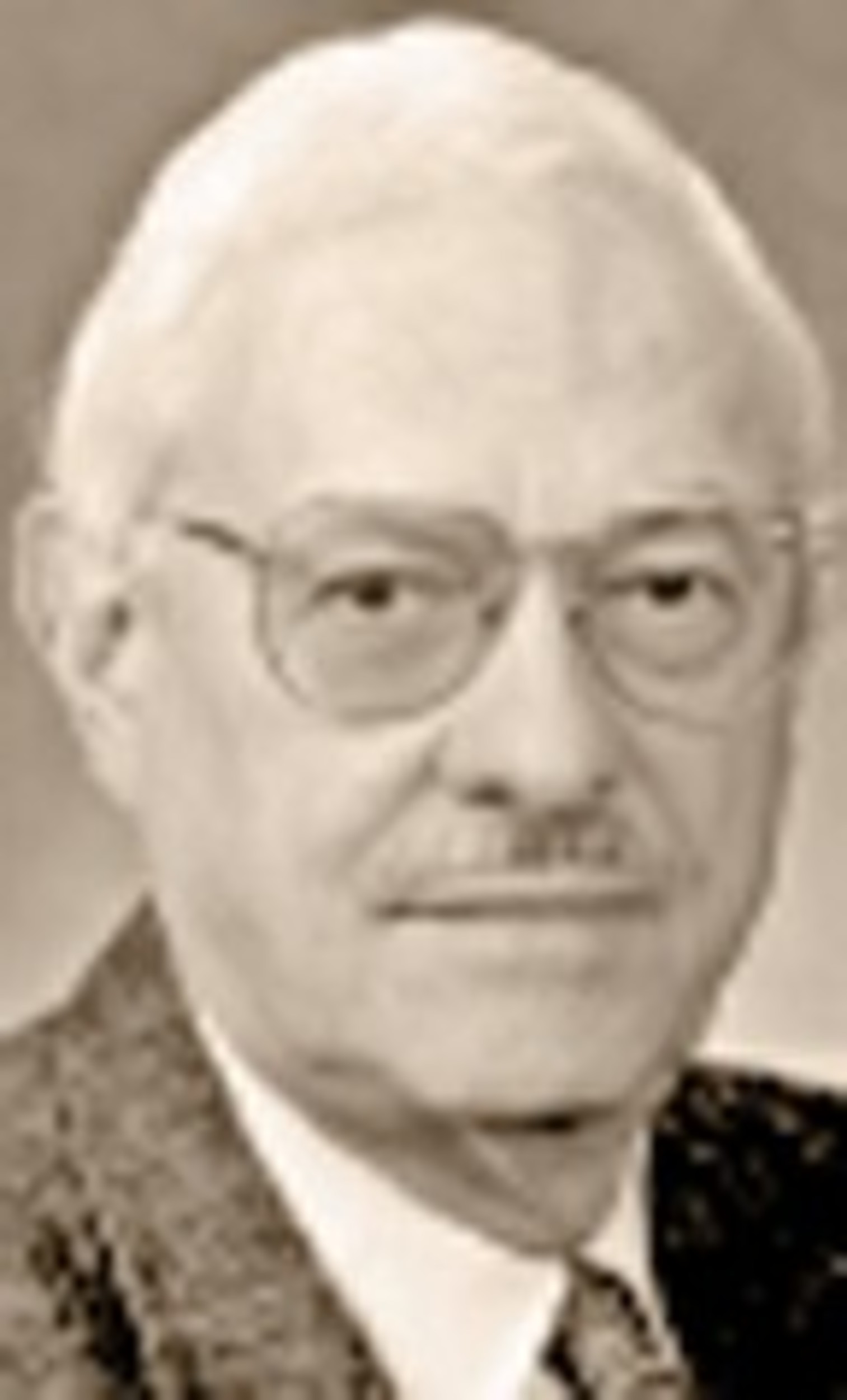Two extraordinary humanitarians, one friendship
Two 19th century men of different faiths and disparate social backgrounds, each conversant within the corridors of international philanthropy, met late in their lives and formed a deep and lasting friendship.
One was named Moses Haim Montefiore (1784 -1885), born in Livorno, Italy, of English parents – then vacationing in Italy. The other was Thomas Hodgkin (1798 -1866), born in a London suburb and best remembered as the physician who first described a unique neoplastic disease of lymphatic tissue known as Hodgkin’s Disease.
Hodgkin’s parents were British Quakers and Thomas was raised in a nurturing, deeply religious environment that regarded learning as a moral responsibility. The core principles of the Society of Friends – personal discipline, order and simplicity – were the esteemed precepts of the Hodgkin clan. As a youth, Thomas showed an aptitude for the natural sciences (with Humphrey Davy as his role model.) His abiding concerns were about the welfare of oppressed native populations, particularly Africans forced into slavery and transported to the Western Hemisphere.
The survival of Native American populations and their cultures represented yet another of Hodgkin’s enduring moral convictions. His intense involvement in the abolitionist movement and the cultural integrity of “tribal peoples” became Hodgkin’s lifelong pursuit. Decades later, Hodgkin was a leader in promoting reverse migration of enslaved Africans back to the independent nation of Liberia. And in 1863, in an England firmly favoring the Confederate States, Hodgkin was a vocal advocate of Lincoln’s Emancipation Proclamation.
Hodgkin attended the medical school at Guy’s Hospital (a few years after the poet, John Keats, had completed his studies there), added to his clinical education in Paris and was then awarded his doctorate degree by Edinburgh medical school. Hodgkin’s life was then a succession of notable scientific discoveries including the epidemiologic proof that cholera was a contagious disease.
Hodgkin maintained his intense interest in the welfare and education of North American native tribes, authoring a succession of trenchant pamphlets on issues of social justice particularly the schooling of Cree children. His fervent writings included commentaries on personal hygiene and the dangers of smoking and the consumption of alcoholic beverages.
In the later years of his life, Hodgkin developed a very close friendship with Sir Moses Montefiore, a prominent London banker who had retired early from his productive partnership with the English Rothschilds and then devoted the remainder of his lengthy life –101 years – to international philanthropic efforts on behalf of the Jews residing in Yishuv Palestine, Turkey and Tsarist Russia.
Montefiore and Hodgkin traveled the world seeking ways to improve the status, while bringing some measure of comfort, to the many embattled Jewish communities in Europe and the Middle East.
Before Theodor Herzl had promoted the philosophy of Zionism, Montefiore and Hodgkin had encouraged the return of the landless Jews of Europe to Palestine, then an underpopulated, infertile and malarial backwater province of the Turkish (Ottoman) Empire.
Montefiore personally financed housing, health and educational projects in and near Jerusalem, as well as self-sustaining farms in the Galilee region and a windmill to mill flour – a structure still standing in Jerusalem.
In the spring of 1866, prompted by news of a renewed outbreak of cholera in the Holy Land, Hodgkin and Montefiore resolved to return for their seventh visit to the Middle East. They disembarked in Alexandria, Egypt, and began the arduous overland trek to Jerusalem. Hodgkin took gravely ill in the coastal village of Jaffa, probably an exacerbation of his chronic enteritis (inflamation of the intestine), and died on April 4, 1866.
A heartbroken Montefiore mourned the passing of his cherished friend, traveling companion and personal physician. An obelisk marks Hodgkin’s grave on the outskirts of Tel Aviv. It reads: “Here rests the body of Thomas Hodgkin, M.D., of Bedford Square, London. A man distinguished alike for scientific attainments, medical skills and self-sacrificing philanthropy. He died in the 68th year of his age, in the faith and hope of the Gospel.”
Stanley M. Aronson, M.D., may be reached at smamd@cox.net.








